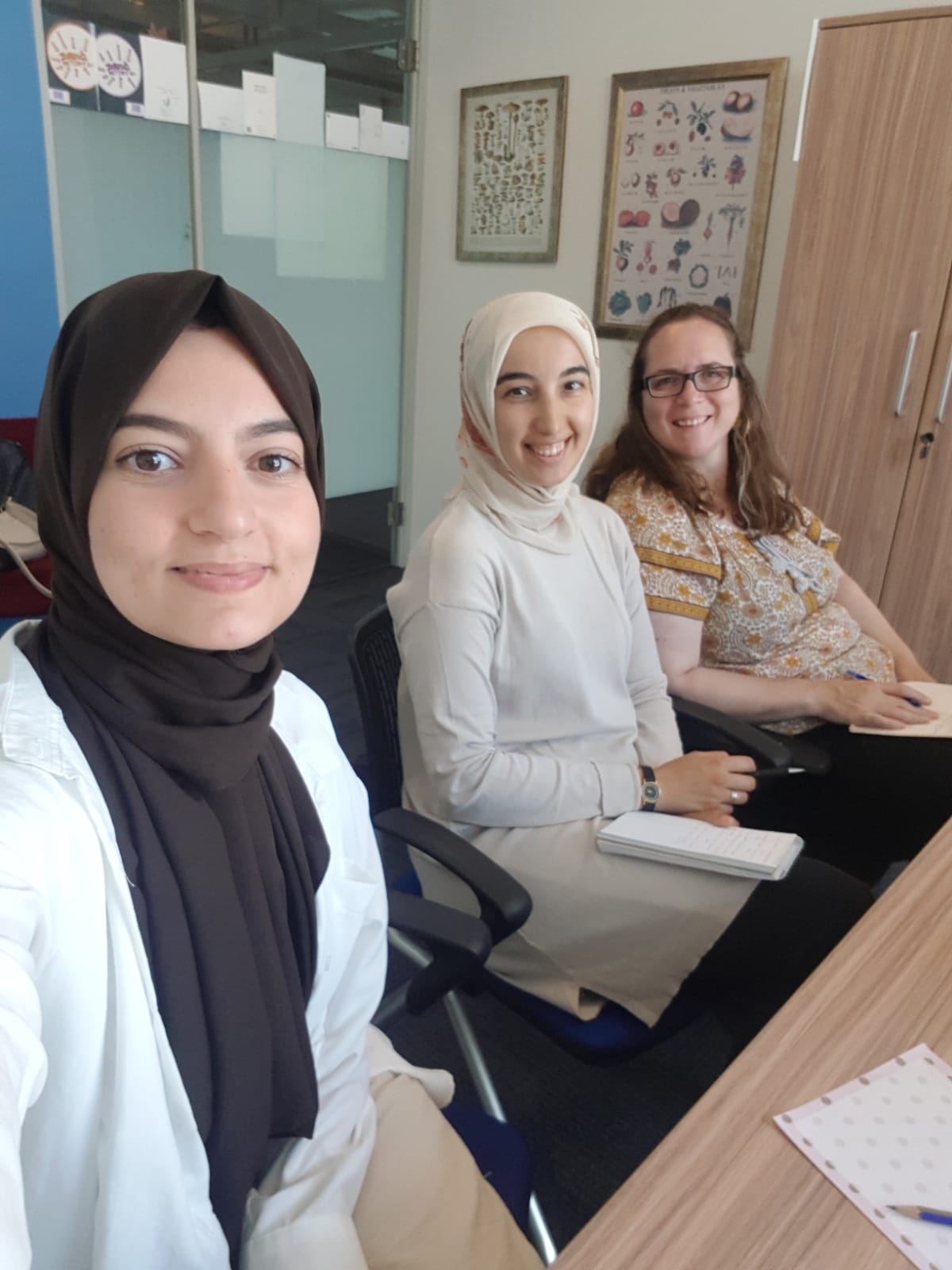Presentation at the IMISCOE 20th Annual conference at the panel "Sustainable food and cultural diversity: Discourses and practices. Part 2: Comparing cultures".
Our team presented the the preliminary results of our research in Istanbul in the IMISCOE 20th Annual conference at the panel "Sustainable food and cultural diversity: Discourses and practices. Part 2: Comparing cultures". The working paper is entitled "Unequal home-making practices among Syrian refugees in Turkey in a context of economic uncertainty", which examines the culinary coping strategies of women to recreate place attachment under economic pressures after forced migration. The panel provided a great platform to elaborate on the shared practices, continuities and changes in food practices from different parts of the world.
This year's conference brought together scholars and researchers to discuss “Migration and inequalities: In search of answers and solutions” To see the details of the event organized in Warsaw & online between 3-6 July 2023, you may visit the conference website: https://www.imiscoe.org/conference.
Here is the abstract of our paper and you may view more photos from the event in our website's gallery section.
"The growing body of research on food and migration shows us how migrants’ culinary practices serve as a way to cope with social exclusion by rebuilding a sense of belonging and creating new place attachment through food preparation and sharing (Abbots, 2016). However, little is known about this process among Syrians in Turkey and how migrants navigate their hyper-precarious economic situations (Nimer and Rottmann, 2021) amid an economic crisis and mounting inflation to obtain “Syrian” foods as part of their homemaking practices. Since economic inequalities undoubtedly affect meal preparations and patterns of eating, this research aims to answer more specific questions on the impact of economic precarity on food practices and gendered expectations of homemaking:
- How do economic precarity and inequalities impact food and home-making practices for Syrian refugee women in Turkey?
- How does the urban context affect everyday livelihood and culinary practices?
- How do women create culinary coping strategies (agency) that help recreate place attachment in the context of forced migration?
Through a series of qualitative interviews and participant observations conducted with Syrian women in Istanbul, this research shows how the financial precarity of families and time pressures faced by migrant women, especially those who are in the labour market, limit their homemaking options. It highlights how the macro-level context of “ethnic” food production allows women to continue important traditions, but also increases economic and role pressures."

